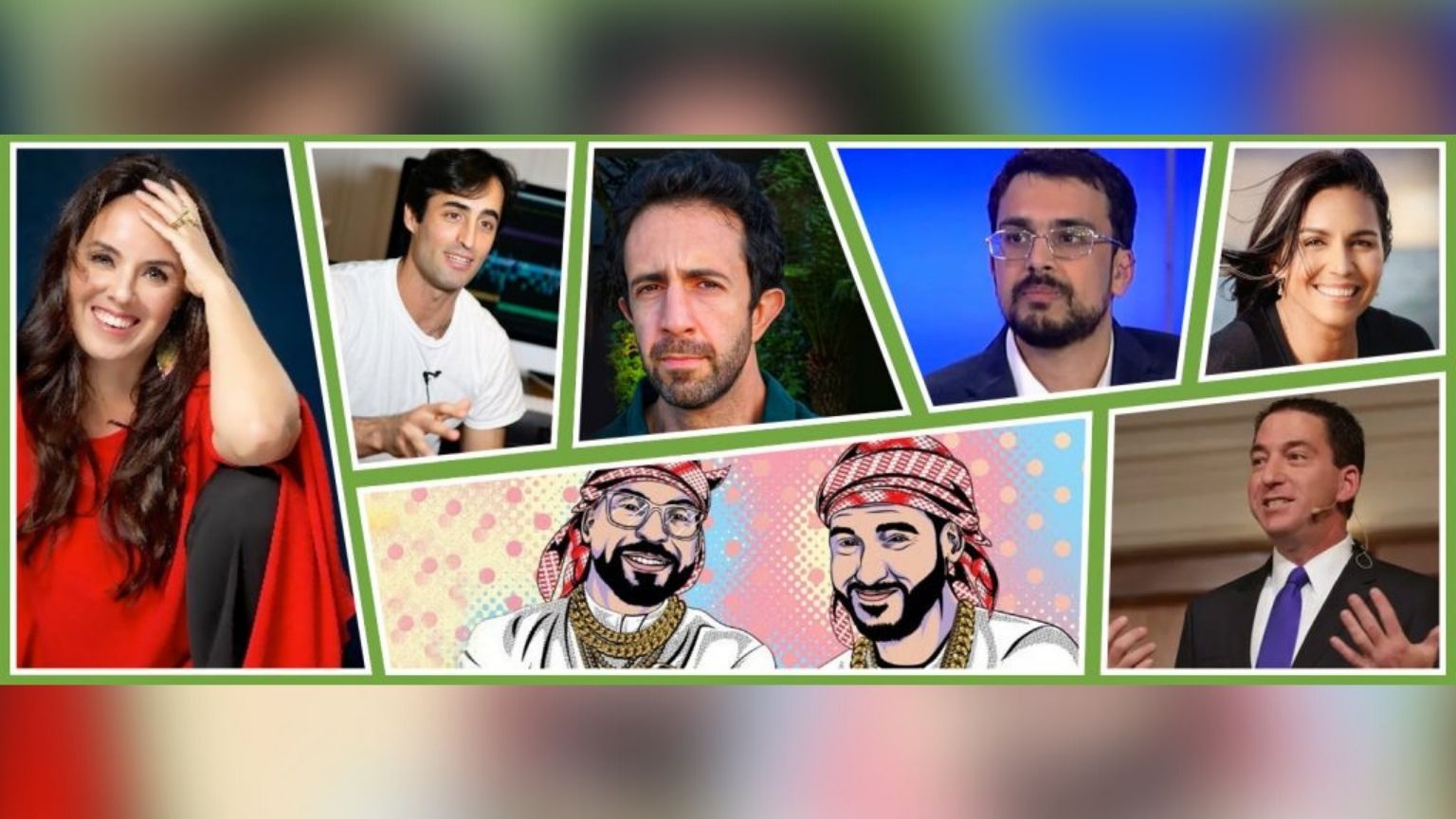YouTube competitor Rumble has announced that a new group of prominent figures from across the US political spectrum is joining the platform.
In a blog post, Rumble, that has been popular with users whose speech is being curtailed on Big Tech platforms, said that the latest additions represent nationally recognized thought leaders.
Among the new group of eight high profile voices are former Democrat congresswoman Tulsi Gabbard and investigative journalist Glenn Greenwald, who broke the Snowden revelations story.
Others include podcasters, authors, reporters and creators: Bridget Phetasy, Matt Orfalea, Siraj Hashmi, Mujahed Kobbe, Shant Mesrobian and Zaid Jilani, the video sharing platform said, noting that their presence will add to the quality and diversity of content.
Other than Gabbard and Greenwald, who are thought of as left-leaning, writers Mesrobian and Jilani are also described in reports as having in the past worked for progressive media, underlining that this means Rumble, which is already popular with conservatives concerned about their free speech rights online, is attracting others as well.
And that is not merely on the talent side of things, since Canada-based Rumble says its burgeoning platform has seen a 25-fold increase in viewership over the past year, and that this trend of accelerated growth continues.
Regardless of political and ideological affiliation, however, what many Rumble creators have in common is either directly experiencing or standing up to censorship imposed on users and creators by Big Tech. Rumble said that despite their diverse backgrounds, the group of creators that has just been welcomed on the platform shares a “commitment to challenge the status quo, seek the truth, and share it.”
Commenting on his decision to join Rumble, Greenwald said that it provides a place where creators don’t have to worry about what he described as baseless attacks “by the government or other self-appointed gatekeepers.”
And considering the current near monopolistic hold that Big Tech-run networks have over the web, strong and viable alternatives and competitors are seen by many as the only way forward in ensuring that people have a voice online, regardless of whether or not their opinions align with Big Tech politics.
In the words of Rumble CEO Chris Pavlovski, the video site is “in a battle against trillion-dollar monopolies that use advanced algorithms and AI to amplify content and drive profits.” He also promised Rumble would “never censor civil discourse, opinion, or act like the arbiters of truth.”






















